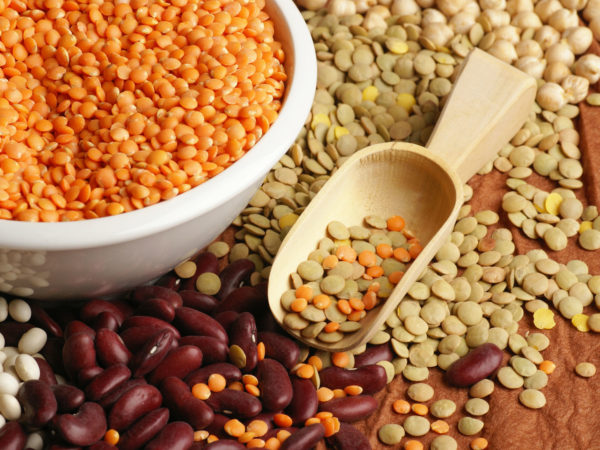Excess Iron: A Health Risk?
I’ve taken a vitamin supplement with iron for many years, but now I understand that men shouldn’t take iron. How can I get rid of the excess iron built up over the years?
Andrew Weil, M.D. | June 28, 2002

Not long ago, the conventional wisdom was that iron and iron tonics were the best way to avoid iron deficiency anemia and to counteract fatigue and low energy. If you’re old enough, you may remember radio and television commercials about the need for tonics to combat “tired blood.” In fact, most people get adequate iron from their diets – there’s plenty in red meat, beans, lentils, millet, chickpeas, dark, leafy greens, molasses, dried apricots, dried peaches, pumpkin and sunflower seeds, pistachios, walnuts, almonds, scallops, clams, oysters, soybeans, and many other foods.
Unless you’re a menstruating woman or have had a significant blood loss, you never should take an iron supplement except when advised to by a physician after blood tests show that you have iron deficiency anemia.
Of course, we all need iron to make hemoglobin, the oxygen-carrying red pigment of blood. But iron is one of the few minerals we cannot eliminate, and accumulations in the body can rise to toxic levels. Iron is an oxidizing agent that can increase the risk of cancer and damage the heart and the arteries. High iron intake can be especially dangerous for persons with an inherited disease called hemochromatosis or iron overload disease, believed to affect as many as one million Americans. If you have any blood relatives with the disease, ask your physician about the screening test for iron overload, called the transferrin saturation test. Symptoms that could indicate iron overload include fatigue, heart palpitations, joint pain, non-specific stomach pain, impotence, and loss of menstrual period.
The only way to eliminate iron is to bleed (this is why menstruating women have more of a tendency to iron deficiency anemia than men or post-menopausal women). You certainly should stop taking supplements containing iron. Consider donating blood in order to eliminate some of your body’s iron stores.
Andrew Weil, M.D.










